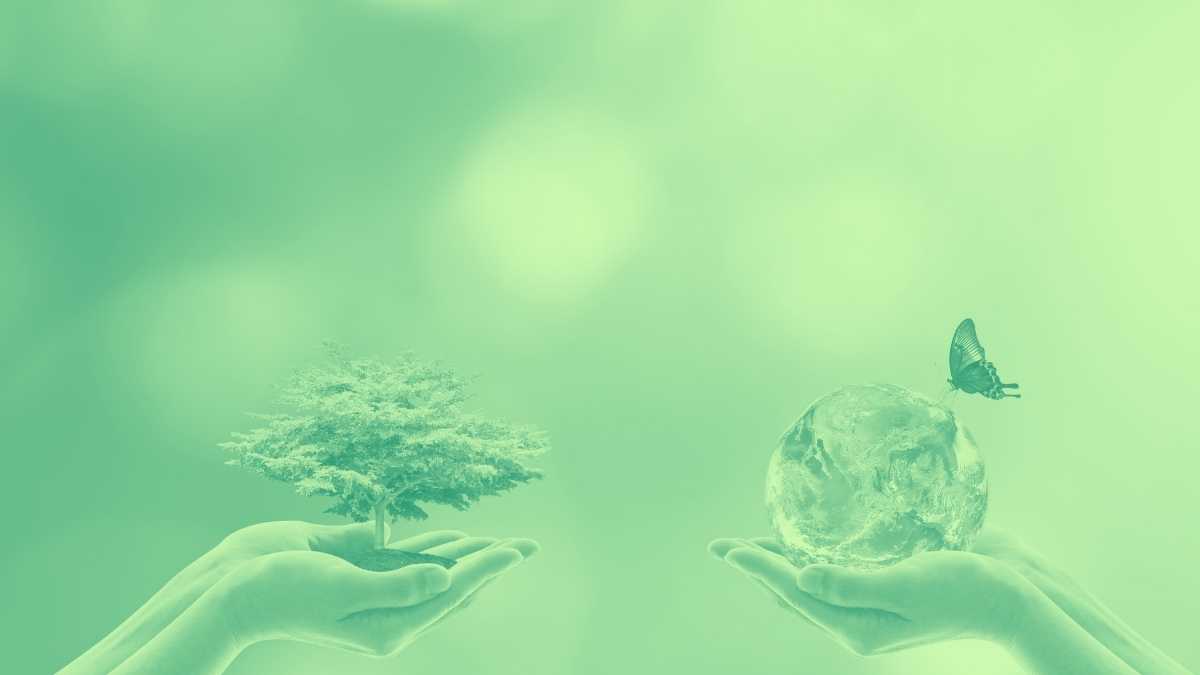Sustainable Future
The Future for Our Energy Is Smart and Green
The Adriatic Team
CONTRIBUTOR
Have you ever asked yourself what life without (or with limited access) to the electricity would be like? You press the switch and nothing happens. It seems like a scenario of a movie where the world just stopped.
Electricity is like food and water for people living in 21st century and is an essential power that drives our daily lives and our businesses. With the growing human population and growing need for electricity in our lives, throughout the history we have discovered many ways for its production (e.g., fossil fuels, nuclear energy, wind turbines, solar and hydro energy).
But one of the major challenges the world has been facing in last years is how to generate more (and enough) electricity in an environmentally friendly and sustainable manner. We can find the answer in transition to green, producing fewer negative effects as with fossil fuels. Going green is also the answer when we consider changes in global energy markets and growing dependence on some resources.
Green energy: clean and renewable
Green energy is coming from natural resources like sun, water, wind, biomass, geothermal energy. It is renewable and clean, with a lowest carbon footprint possible. Renewable means that it comes from sources, constantly being naturally replenished (sun, water, wind) and clean means that it releases far less greenhouse gases and pollutants into the air. This is not just good for the planet but is also good for the health of people and animals that breathe this air. Great example of renewable, green and clean energy comes from wind, environmentally friendly, self-replenishing and non-polluting source. But not all sources are green. Power generation that burns organic material from sustainable forests may be renewable, but due to the CO2 produced in the burning process, is not necessarily green.
Slovenia produces around 85 % of its own electricity (and the demand on consumption side is growing), the rest is imported. Renewables play an important role in electricity generation, but with current consumption rising, in short term, they are not expected to become the only source. The structure of electricity use is constantly changing due to heat pumps, air conditioning and increased electromobility.
Now the main source of green electricity is water. Solar and biomass energy follow, with only a sample of wind power; even though wind has become the most important renewable source of electricity in the EU in 2017, displacing hydro.
Electricity distribution networks – backbone of the green energy transition
Electricity distribution networks are acting as an essential infrastructure for sustainable development and the backbone of the energy transition providing advanced electricity services as key to successfully implementing the transition to a low-carbon society. One of main challenges is to continue with heavy investments in reinforcing the distribution network, aiming to increase capacity and to integrate distributed resources. Also digitalisation of the network in order to enable new services for users, to limit peak demands, provide flexibility in usage and the automation of processes is needed. By creating a smart grid, we want to ensure that investments are made where they will have the optimal impact.
Embracing shift in consumer behaviour
Elektro Maribor d.d., the second largest electricity distribution company in Slovenia, is going towards smart and green future. Being able to provide as green electricity with the lowest cost and power loss in our distribution network as possible, our job is also to make our users aware of the importance of environmental care and the role of green electricity as well as to help them make informed sustainable decisions.
Climate change might be the most complex risk facing society today and customers want companies and organisations to empower them to make more sustainable choices that result in broader environmental benefit. The fact is that fossil fuels need to become a thing of the past as they do not provide a sustainable solution to our energy needs. By developing a variety of green energy solutions, we create a sustainable future for our energy provision, without damaging the world we all live in. Especially younger generations are increasingly likely to make purchase decisions based on values and principles. They are willing to pay more for sustainable products.
Using clean energy, act on climate, love nature are also just few of Good Life Goals*, set of personal actions that help everyone contribute to the UN Sustainable Development Goals, that have been shaped through a multi-stakeholder collaboration between educational institutions, governments, environmental organisations as well as UN Environment, UNESCO and WBCSD.
* https://sdghub.com/goodlifegoals/
WALK THE TALK: THE FIRST REGIONAL NET-0 EVENTHow can organisations contribute proactively to carbon neutrality?
In September 2022, the Institute for Strategic Solutions (ISR) is planning a NET-0 EVENT business forum. It will focus on the most crucial issue of our times – climate change. We will discuss ways in which both companies and individuals can mitigate the effects of climate change and reduce greenhouse gas emissions. The purpose of the event is to bring together key representatives from companies, politics, NGOs, and international agencies, together with innovators of breakthrough solutions and the financial community in a combined effort to try and find solutions to this serious and impending crisis.
Only by working together, can we succeed.
All relevant stakeholders agree that carbon neutrality and net-zero emissions are our key goals for the future. However, sectoral strategies vary, and seldom address the whole problem by failure to adequately align supply chains to their stategy, and by omitting to include the problems of transition – both of which are significant challenges. Therefore, we will aim to highlight these issues, through a series of articles from different platforms, prior to the business forum. Our obective is to equip readers with access to new ideas, good practice and integrated processes that are environmentally responsible and proactive in their quest for a positive future with net-zero emissions by 2050.

